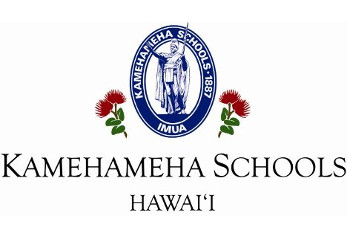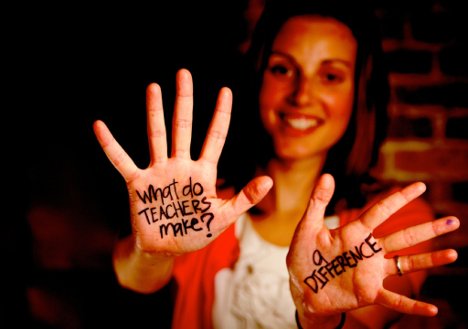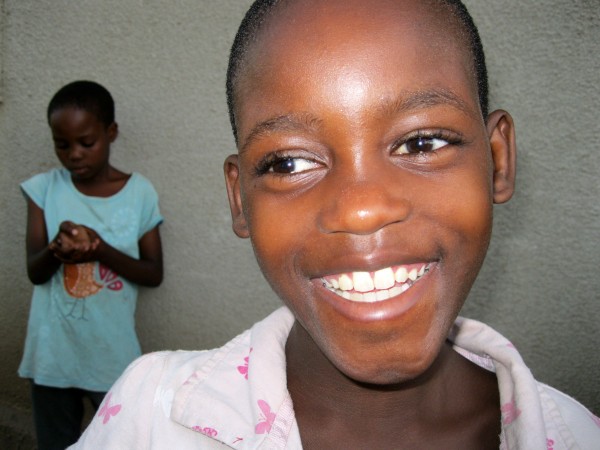According to a recent government survey, approximately 15% of young Brazilians are functionally illiterate, despite having attended school. The statistics are worse when comparing public and private schools and urban and rural schools. The percentage of young people who have at least attained a number of years equivalent to primary education is 90% in urban areas, while dropping to 70% in rural areas. The lack of accountability for improving education outcomes is yet central to the challenges that rural education faces. Cybele Amado de Oliveira founded the Chapada Project in 1999 and the Chapada Institute for Education and Research in 2005) as an initiative to establish mechanisms for accountability so that everyone involved could take ownership of the education system. The project identifies partner communities and works with these communities to select a pedagogical coordinator. The coordinator would ensure the implementation of the each component of the “Chapada Projects” and organize monthly training sessions mandatory for teachers. In addition to the monthly training, teachers receive feedback and support during regular classroom visits where lessons are recorded and then analyzed. Chapada has also established measurements that are linked to student improvement. Each semester, teachers receive an evaluation based on their performance on the various measurements. The Chapada Project also offers training and evaluation for school administrators and supervisors. The Institute recognizes that accountability must also extend to the municipal governments whose officials change regularly allowing education programs to be ignored. The project organizes multi-day public forums where teachers, parents, school administrators and community members can voice education needs and priorities. Candidates, running for municipal office, are also invited to attend the public forum. At the end of the forum, participants vote on the most pressing issues, and candidates must pledge their support. Through the public forum, the community selects representatives to serve on an oversight committee. The committee is crucial to ensuring that the government follows through on its commitment to address the community’s education priorities. The impact of the Chapada Project on students is considerable: the percentage of first graders performing at grade level increased from 33% to 74%. Data also shows that 90% of first graders had achieved full literacy. In 2012, Chapada Institute trained no less than 4.000 teachers.  Website: http://www.institutochapada.org.br/ video in Portuguese
Website: http://www.institutochapada.org.br/ video in Portuguese
Who is accountable for education outcomes?
![]()
STAY IN TOUCH
SUBSCRIBE TO OUR NEWSLETTER
AND RECEIVE OUR LATEST STORIES
OLBIOS NETWORK FOR ACTION










